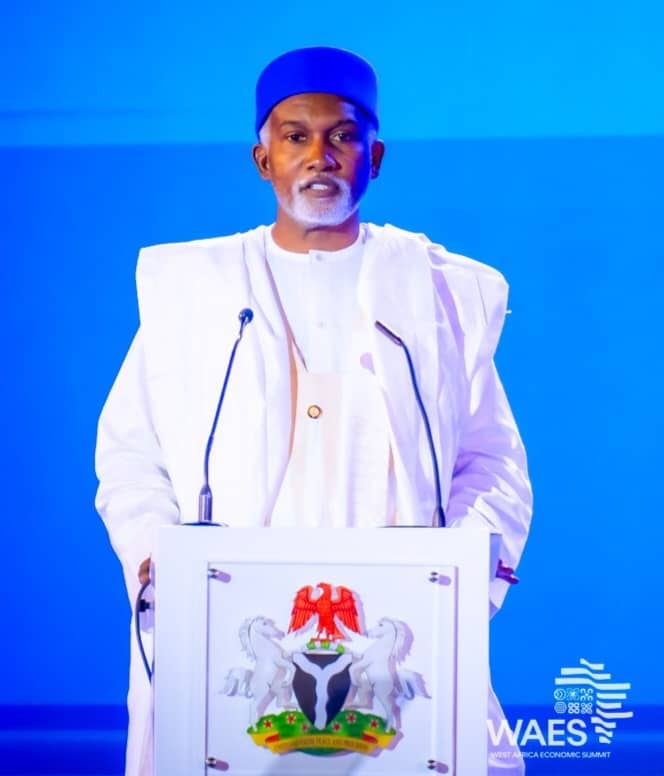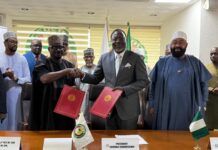Nigeria’s Minister of Foreign Affairs, Yusuf Maitama Tuggar, has called on ECOWAS member states to strengthen private sector development, deepen the free market economy, and create a more enabling environment to attract investment and drive regional growth.
Speaking at the West Africa Economic Summit (WAES) held in Abuja from June 20 to 21, Tuggar said the time had come for West African nations to take control of their economic future by leveraging talent, innovation, and regional integration.
The summit, which brought together heads of state, ministers, senators, traditional leaders, and members of the diplomatic corps, focused on reimagining the region’s economic trajectory.
“We are here to build on the enabling environment that already exists,” Tuggar said. “West Africa enjoys frameworks for trade, electricity, and integrated transport corridors. Our job is to add momentum—through peace, research, and enterprise—to create prosperity.”
He urged governments to move beyond summits and declarations, and instead focus on policies that enable businesses to thrive. Tuggar emphasized the importance of practical, on-the-ground reforms that make it easier for entrepreneurs, especially those in the informal sector, to scale and succeed.
Drawing from history, Tuggar reminded delegates that West African societies thrived on trust-based commerce and brotherhood, long before the advent of colonial borders. He argued that the region’s economic identity must be reclaimed and modernized, rooted in collaboration rather than dependency.
Despite the region exporting goods valued at over $166 billion in 2024, only 8.6 percent of trade occurred within West Africa, he noted. Imports, he added, remain dominated by machinery and finished goods from China, India, the U.S., and the EU, while West Africa continues to export mostly raw materials.
“This imbalance isn’t just a legacy issue—it’s also about mindset,” Tuggar said. “We need to do more to simplify business processes, support entrepreneurs, and unlock the efficiencies that informal economies already demonstrate.”
He called on ECOWAS members to act with urgency and vision, and to recognize the region’s collective strength. According to the minister, no single West African state can compete alone, but together, the region has the skill, scale, and talent needed to shape global development trends.
Tuggar also revealed that the idea for the summit originated from President Bola Ahmed Tinubu, who assumed the ECOWAS chairmanship in 2023. Tinubu’s experience in both public office and the private sector, he said, informed his belief in the need for rapid regional economic coordination.
“President Tinubu has long understood the urgency of this moment,” Tuggar said. “He saw that we must empower West Africa to compete, to negotiate, and to build—not just to participate.”
The summit ended with renewed calls for greater regional integration, intra-African trade, and bold economic reforms to position West Africa as a competitive force in the global economy.














